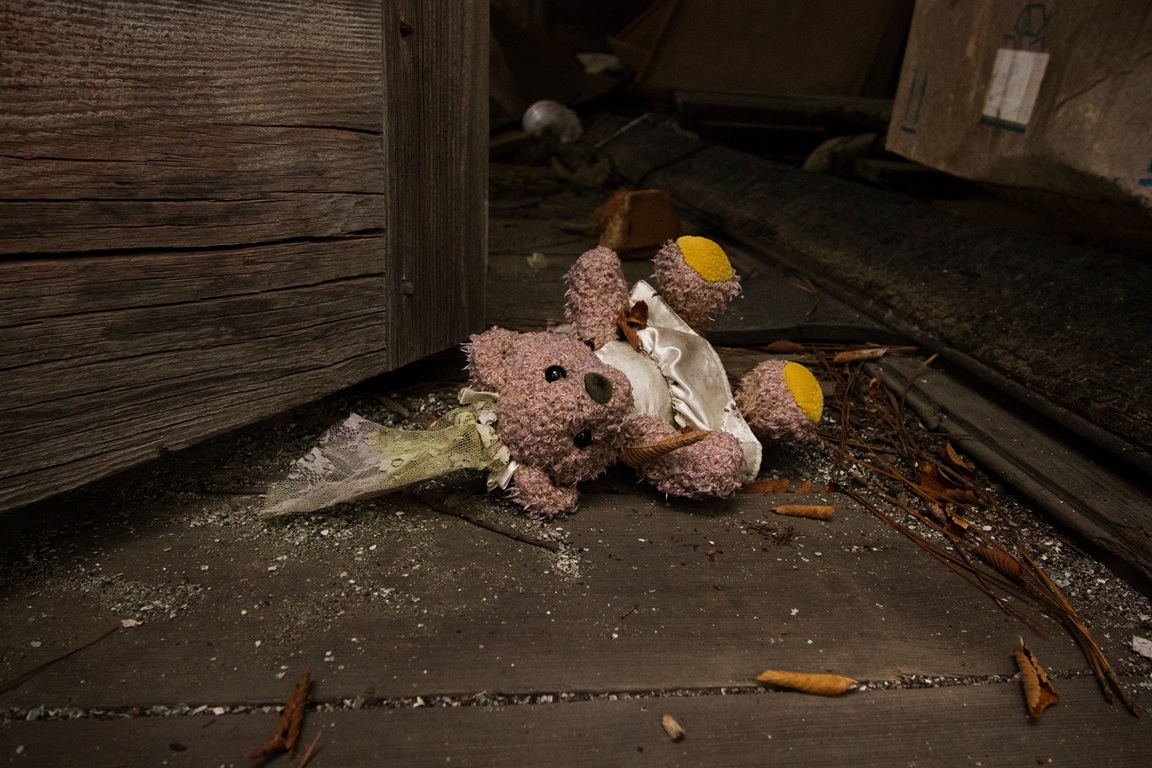What steps can we take to theologically process through natural disasters with children?
We've seen the images following hurricanes, floods, and other disasters: water rising, destroyed buildings and heroic rescues. A disaster is overwhelming for adults -- many of us have wept as we witness the suffering of others. Imagine viewing this disaster through the lens of a child. What do we do when they bring questions to us?Here are four guidelines for processing disasters with children (and maybe for providing clarity to our own minds, as well).
- Offer reassurance. Children struggle with understanding that a disaster may be located hundreds of miles away. First make sure they understand that they are safe. Maybe pull up a map and show them where the disaster hit and where you are located. Also reassure them that the hurricane is not “coming to get them.” Children deal with the “right now,” and sometimes need reassurance that images on the TV are not next door.
- Ask them if they have questions. And then listen. Some children really will need to process all they have seen or heard.
Allowing for questions challenges us because we often aren’t sure of answers ourselves.
“Did God cause the tornado or the hurricane? Why didn't God stop the rain? Did this happen because they were bad? Does God make these things happen?”
Times like these are important moments because these questions are not simple, yet they are real.
So what can you say when you aren't quite sure what to tell your own heart?
We live in a broken world. But God doesn’t want things to be this way. God cries with us over the messes of the world. And God also tells us that we can bring love, hope, and healing to this broken world. We work with God to heal and transform joy from pain, to witness life from death.
There is a truly amazing promise that someday God will take what is broken in this world and renew creation. The world will be new, beautiful, safe. The stormy waters that used to rise and bring destruction will be calm. [For more theological reflection on human suffering from natural disaster, read this article from UMC.org.]
But until then, God reminds us over and over of one important fact: God is with us.
- Pray with your child. Take the opportunity to pray together as a family. Pray for God to be seen even the midst of disaster. This is a critical way to model for your children that turning to God through prayer is how we should respond to crisis and pain.
- Find a practical way they can serve. Perhaps make cards or decorate pillowcases to send to a shelter. Giving children a way to share their love and concern is formative in the life of a child and will less others. Other suggestions for service are available through UMCOR.
To get more relevant insight and information for processing through the events of the world, subscribe to “Compass: Exploring Community, Faith, God”—our bi-weekly email.
Tiffany Hollums is an author and clergy in the United Methodist Church. She has over 20 years of youth and/or children ministry experience, as well as, working in an urban ministry and treatment foster care. But the work she is most proud of being a mother, wife, daughter, sister and friend. When she is not crocheting blankets for loved ones as a ministry to those who are hurting or newborns, she can be found writing youth lessons and sipping espresso drinks! She lives in Austin with her husband, daughter, dogs, and family.




